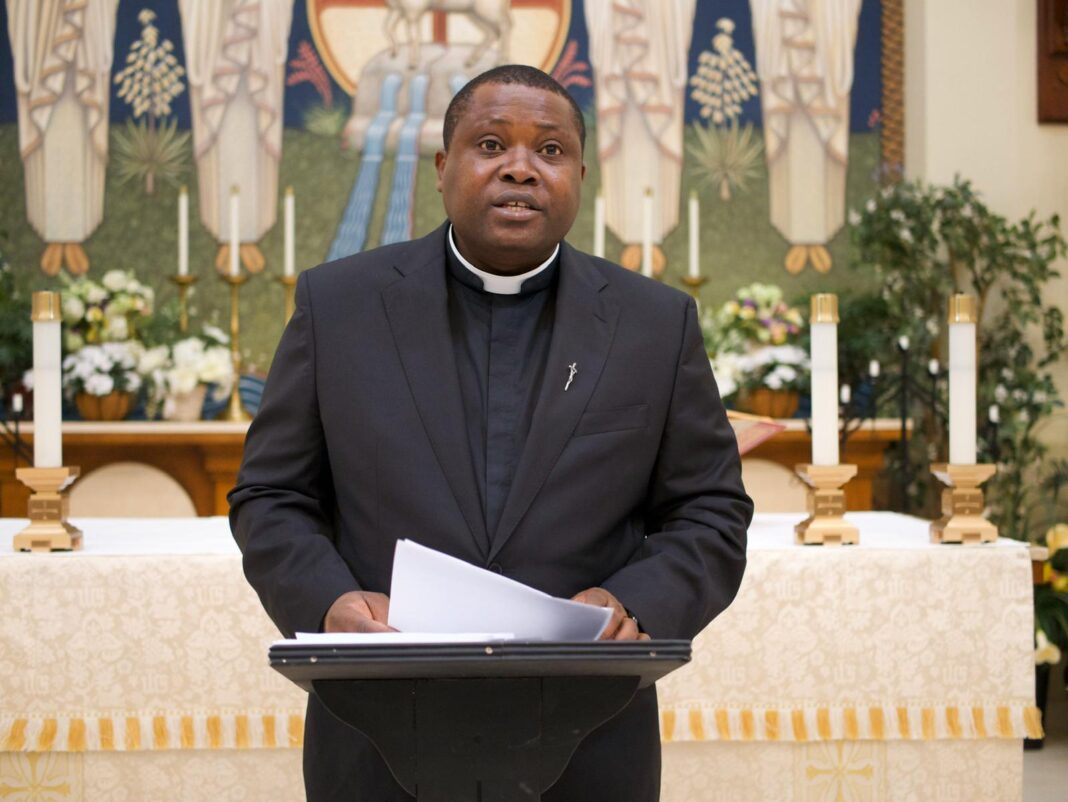Homily for the Thirteenth Sunday in Ordinary Time, Year B
Wisdom 1:13-15; 2:23-24/ Psalm 30/2 Corinthians 8:7, 9, 13-15/ Mark 5:21-4
Theme: Promote the Culture of Life

The point of convergence between the readings of today is the power of faith. In the gospel, the doctors’ inability to cure the woman with a hemorrhage is countered by the healing force of her faith in Jesus; the power of death that has imposed itself on the life of Jairus’ daughter is countered by the greater power of Christ to restore her to life by virtue of her faith. In the gospel stands two people in need and anxious to see Jesus: Jairus and the woman suffering from an incurable disease, hemorrhage.
The contrast between these two needy people is striking and reveals the wideness of Christ’s love and mercy. Jairus was an important synagogue officer and the woman was an anonymous “nobody”, yet Jesus welcomed and helped them both. Jairus was about to lose a daughter who had given him twelve years of happiness (Mark 5:42) and the woman was about to lose an affliction that had brought her twelve years of sorrow. Being a synagogue officer, Jairus no doubt was wealthy, but his wealth could not save his dying daughter. The woman was already bankrupt. She has given the doctors all her money and yet none of them could cure her. Both of them found answers at the feet of Jesus (Mark 5:22, 33).
The woman had a hemorrhage that was apparently incurable and was slowly destroying her. One can only imagine the pain and emotional pressure that sapped her strength day after day. When you consider her many disappointments with doctors and the poverty it brought to her, you wonder how she endured as long as she did. But there was one added burden: according to the law, she was ceremonially unclean, which greatly restricted both her religious and social life. What a burden she carried? However, she let nothing stand her way as she pushed through the crowd and came to Jesus.
She could have used any number of excuses to convince herself to stay away from him. She might have said “it is not important enough to ask Jesus for help? Or she might have concluded that it was not right to come to Jesus as a last resort, after visiting all those physicians. However, she laid aside all arguments and excuses and came by faith to Jesus. Her faith was weak and timid, and perhaps somewhat superstitious. She kept saying to herself that she had to touch His clothes in order to be healed (cf Mark: 10; 6:56). She had heard reports of others being healed by Jesus (Mark 5:27), so she made this one great attempt to get through to the saviour. She was not disappointed. Jesus honoured her faith, weak as it was, and healed her body. The lesson here for us all is that not everybody has the same degree of faith, but Jesus responds to faith no matter how feeble it might be. When we believe, he shares his power with us and something happens in our lives. There were many others in that crowd who were close to Jesus and even pressing against him, but they experienced no miracles. Why? Because they did not have faith. It is one thing to throng to him and something else to trust him. The woman planned to slip away and get lost in the crowd, but Jesus turned and stopped her. Tenderly he elicited from her a wonderful testimony of what the Lord had done for her. Why did Jesus deal with her publicly? Why did he not simply permit her to remain anonymous and go her way?
For one thing, He did it for her own sake. He wanted to be to her something more than a healer: he wanted to be her saviour and friend as well. He wanted her to look into his face, feel his tenderness and hear his loving words of assurance. By the time he finished speaking to her, she experienced something more than physical healing. He called her “Daughter” and sent her on her way with a benediction of peace (Mark 5:34). To “be made whole” meant much more than receiving mere physical healing. He had given her spiritual healing as well.
In conclusion, faith works through charity, Saint Paul tells us. Faith creates solidarity. Providentially, in the collective conscience of our time, there is a greater sensitivity to the needs of our Christian brothers and sisters. The power of faith in Christ the Lord imposes itself on all of these aspects, and moves the Christian to an extraordinary gesture of charity, for we are all brothers and sisters in Christ, and we must help one another.



